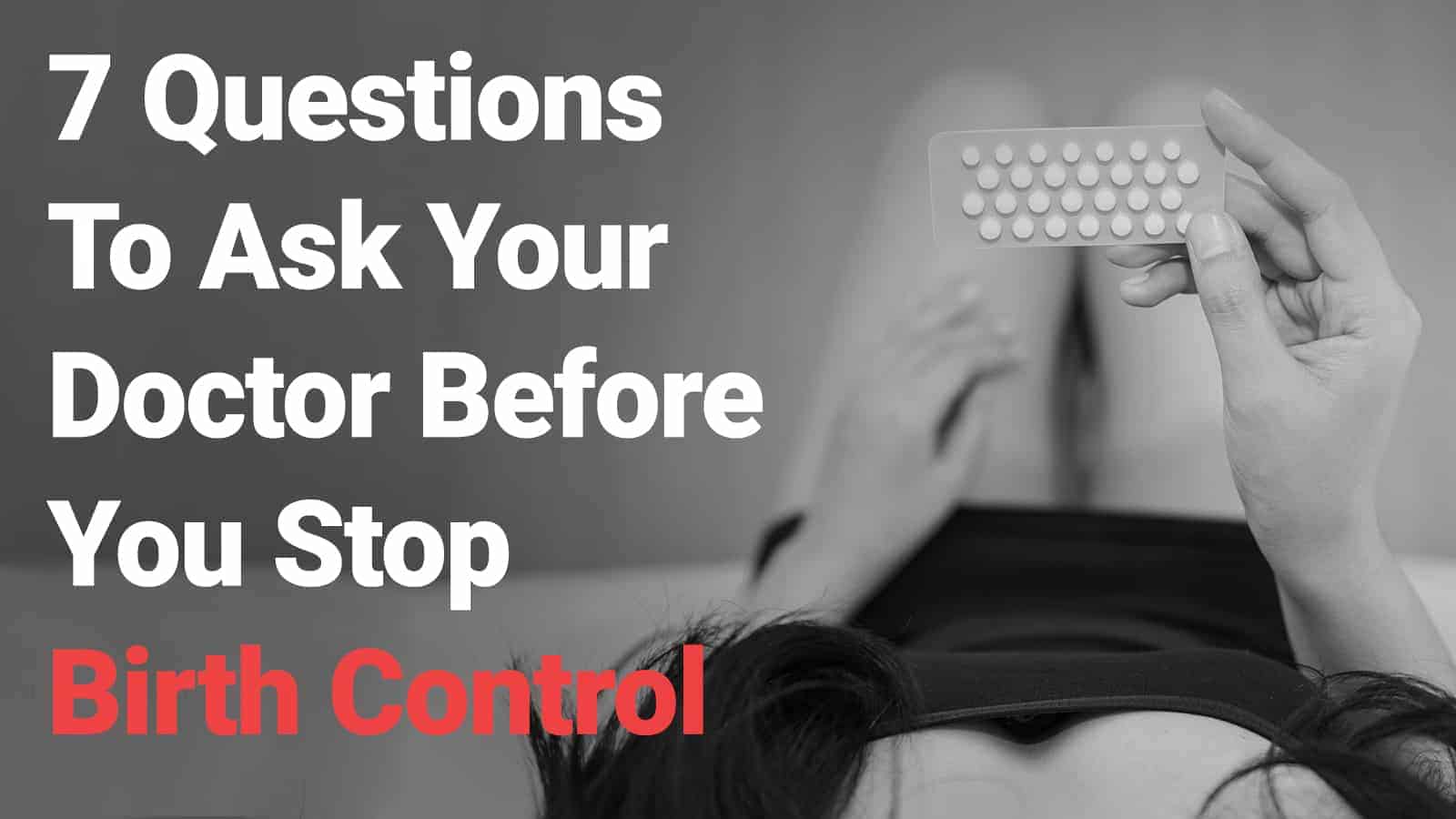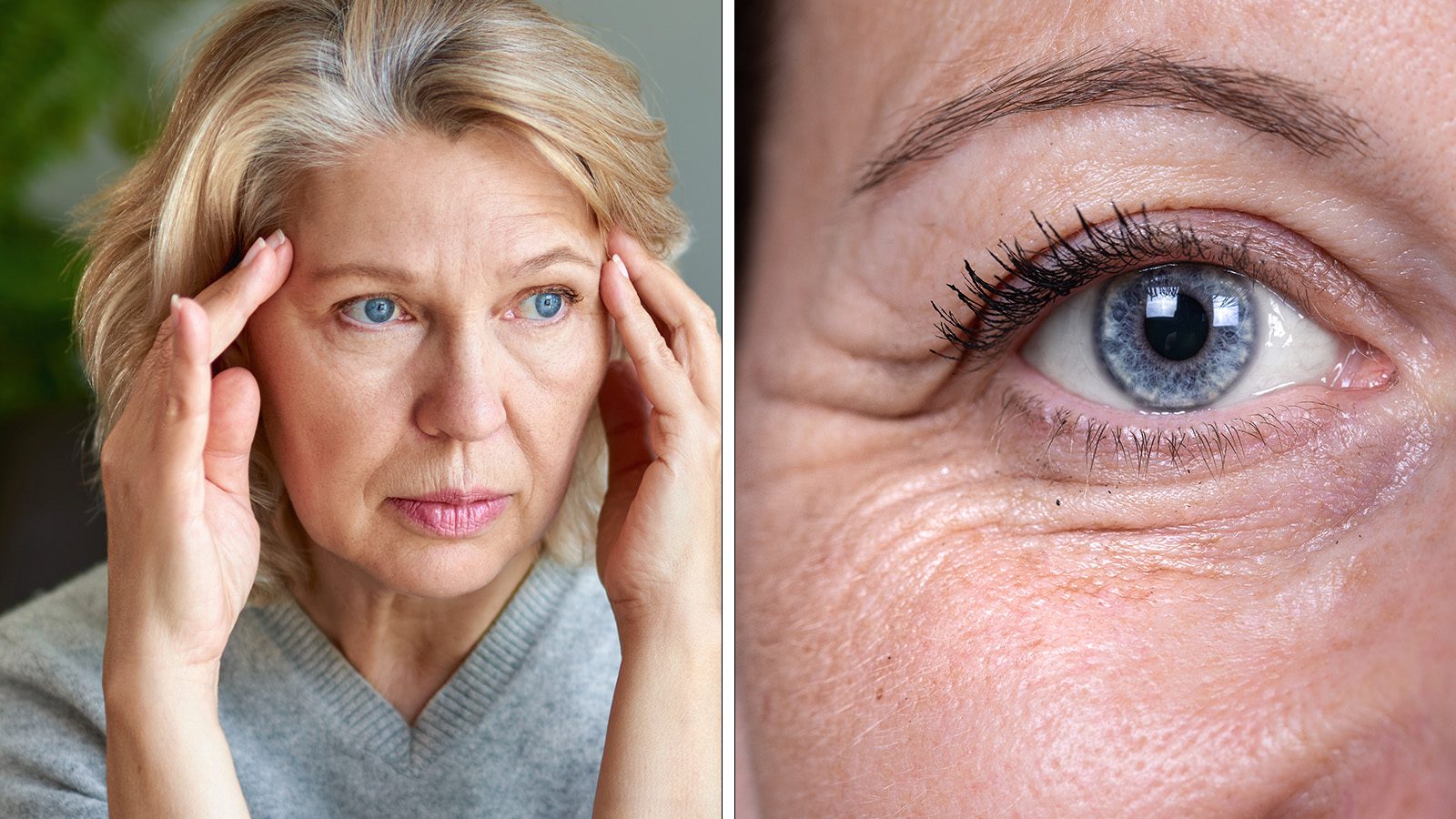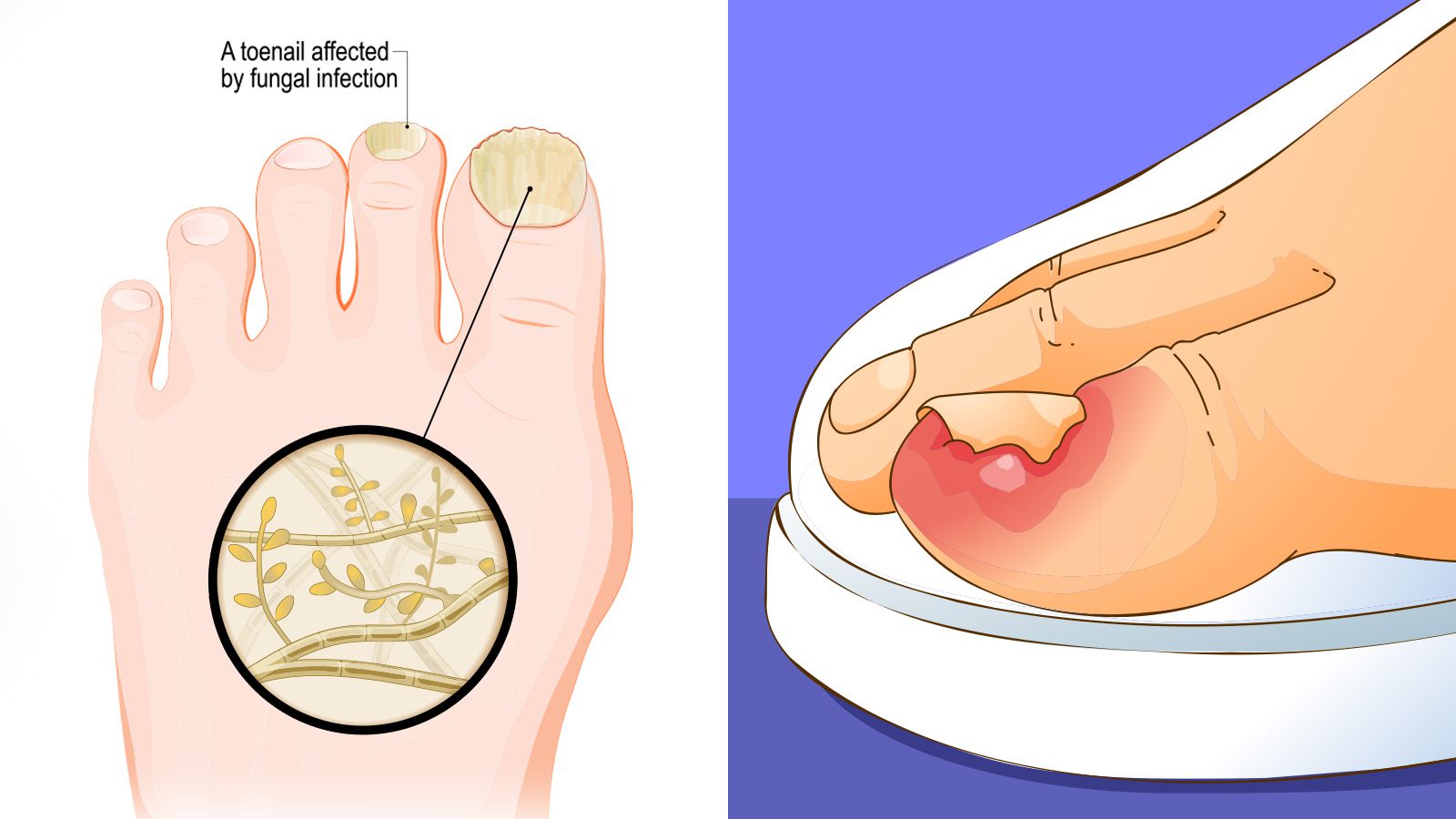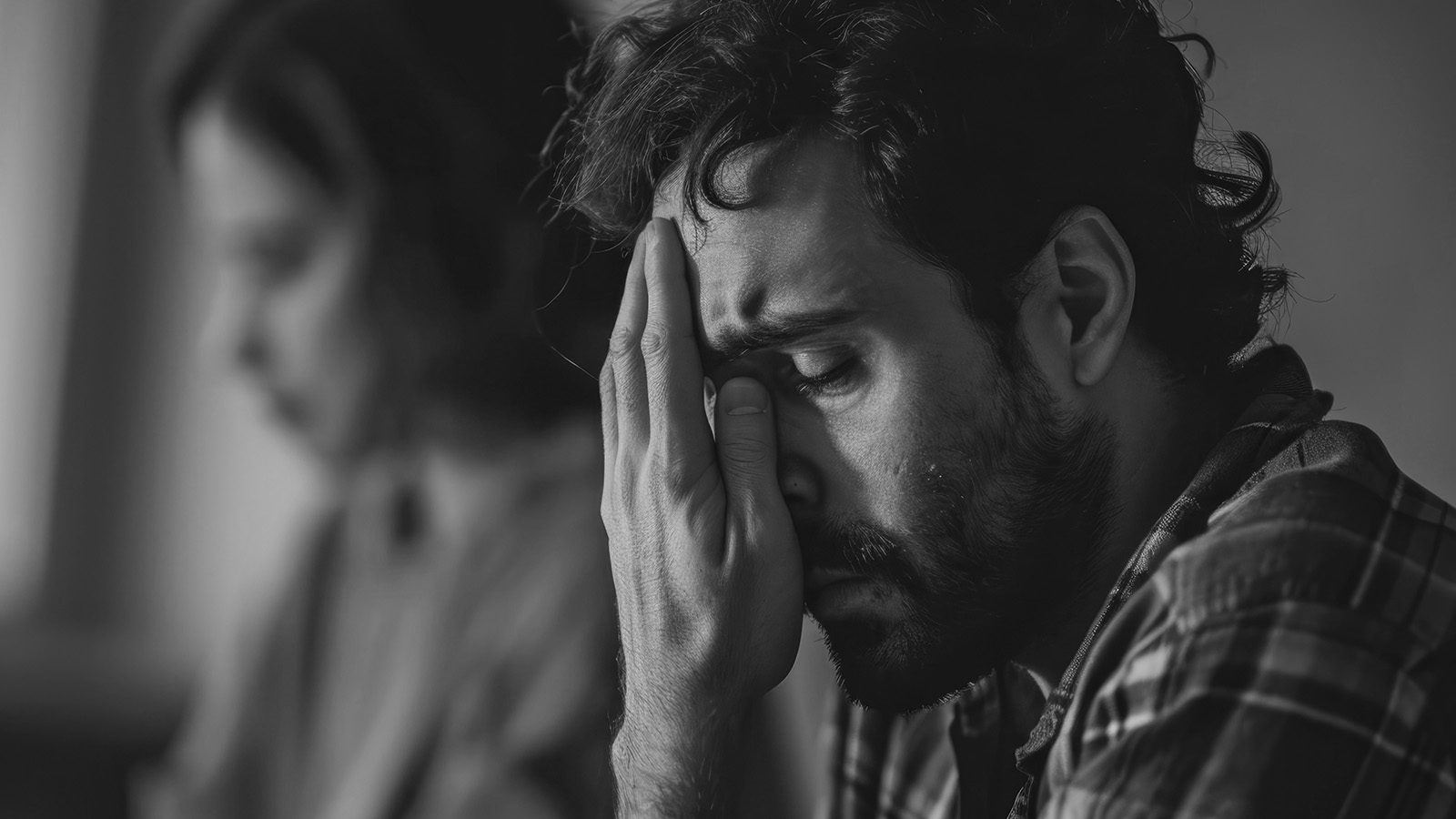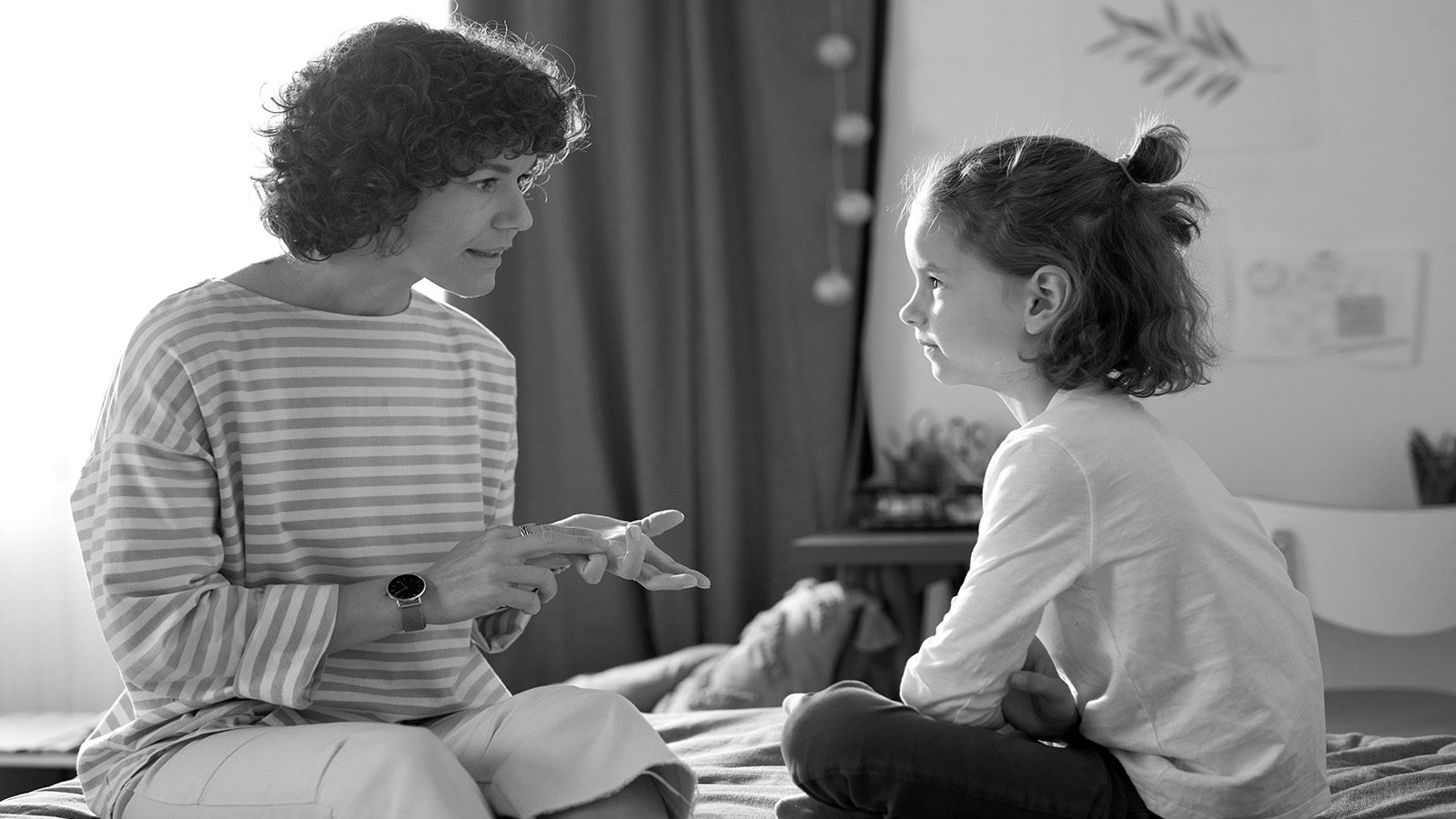There are plenty of reasons someone would want to stop taking birth control. It could be because someone wants to get pregnant. It can be due to severe side effects. It could be the cost. It could be due to a lifestyle change.
Whatever the reason behind your decision to quit birth control, it’s important to know that it’s not as simple as just halting. There are plenty of things that will happen with this decision that you should know about. It’s crucial to be prepared, so here are 7 questions to ask your doctor before you stop birth control.
Here Are 7 Questions To Ask Your Doctor Before Stopping Birth Control
“The ideal time to discontinue birth control is following a hormone-free interval. So after having your period, you can simply stop taking the pills.” – Dr. Rebecca Nelken
1. Is stopping birth control my best option?
There are many reasons that someone might be on birth control. It’s not done just to prevent pregnancy. For some, it’s a kind of treatment. According to the Center for Young Women’s Health, here are some medical reasons that might require a woman to take birth control:
- Endometriosis
- Polycystic Ovary Syndrome
- Primary Ovarian Insufficiency
- Amenorrhea (too few periods)
- Premenstrual Syndrome (in young women)
- Overly heavy periods or exceptional painful menstrual cramps
- Acne
If you’ve been using birth control for one of these reasons, then stopping without a replacement treatment might not be your best bet. A doctor can help you figure out alternative treatment methods before you jump straight into stopping altogether.
Are you planning to stop due to side effects? Is the birth control giving you health problems? Emotional problems? Discussing the factors with a doctor can be very helpful. A medical professional can present you with alternative birth control methods that may be better suited to you.
If you’re quitting because you want to get pregnant, this won’t apply to you as much. However, you’ll still want to speak to your doctor about this. Do you have conditions that could make pregnancy risky? What phase of your cycle are you in?
Speaking to a doctor about your decision to quit birth control is paramount. It can help you see other options if needed. And of course, a doctor can show you ways to get the results you want with as little trouble as possible.
2. What physical changes and side effects are normal when stopping birth control?
Anyone can rattle off a list of possible side effects, but the truth is that stopping birth control can have a variety of effects – both positive and negative. Talking to your doctor can give you a clearer idea of exactly what to expect.
According to WebMD, it all depends entirely on what type of birth control you’re using, as well as many other personal factors. As an example, those who have taken progestin-only forms of birth control would have different “side effects” from stopping than those who take other varieties.
Still, some form of side effects are a given with this type of change. Your body will need to adjust to the different volumes of hormones it is producing. This means you might face issues such as:
- Thinning hair
- Excessive hair growth all over the body
- Minor weight loss
- Acne and skin problems
- Irregular or unusual periods
- Mood swings and less positive thinking
- Increased discharge
- Increased (or decreased) libido
When you’re on birth control, the hormones you take in help manage possible hormonal imbalance within the body. Essentially, it can be a fix for a lot of hormone-related issues. This is why stopping often causes you to see symptoms of your hormones running wild and free.
Side effects after birth control vary. For some, they go away fairly quickly, and for others, they merely diminish but remain for a long period of time. It can also vary depending on your current diet, exercise levels, and state of health.
Luckily, side effects are normal, and for the most part, not too severe. If you have been off the birth control for over three months and continue to experience harsh side effects, you should schedule a visit with your doctor as soon as possible.
3. Is there anything I can do to reduce these side effects?
Most people would probably say that they don’t want to deal with side effects. Unfortunately, with stopping birth control, these side effects are a given. But if you talk to your doctor, they may have some good advice to curb these negatives.
For many, switching up their diet can provide a good deal of assistance. Diets with more wholesome foods that are packed with nutrients are good options. Some types of birth control, especially the pill, can soak up a lot of components needed for gut health. For this reason, eating properly is crucial.
Opt for foods that are anti-inflammatory and whole. Additional vitamin D is a great option, too. This is because a study in the Journal of Clinical Endocrinology & Metabolism found that many women who stop their birth control wind up with vitamin D deficiencies.
It is often also important to manage your stress levels in the months following this decision. Hormones can cause stress to increase. Exercising, taking up a new hobby, meditating, and ensuring you get proper sleep and me-time can be crucial in aiding your journey.
Discuss a good, healthy diet and exercise plan with your doctor if you can before you stop birth control. Your doctor may have some great ideas for you. They might also provide some other great methods to tackle specific side effects you might encounter.
4. Will it be difficult for me to have kids?
One of the most common birth control misconceptions is that once you start, your fertility drops. This, however, is far from the truth. This is especially the case for those on the pill method of birth control. Approximately 96% of pill takers who stop are pregnant within a year.
According to Healthline, the fact is that pregnancy rates are often the exact same for those who stop birth control as for those who stop using condoms. Essentially, the pill has virtually no effect whatsoever on fertility after stopping.
This is a bit different for those who use injection-based birth control methods. Those who use options like Depo-Provera might need to be more patient. It’s estimated that you would need to give your body up to six months to begin ovulating “normally” again.
That said, there’s nothing stopping you from having children after you stop birth control. Coupled with the fact that 15% of women report higher libido after stopping birth control, there’s a chance you could get pregnant sooner than you think.
Regardless, talk to your doctor if you’re planning to conceive. If you have a history of reproductive issues, such as PCOS, this conversation is even more important. Of course, if you’re quitting birth control but don’t want to get pregnant, speak to your doctor about an alternative form of protection.
5. How long after stopping birth control will my periods regulate?
Periods are typically very irregular after one stops taking birth control. This happens regardless of how reliably regular they were before. Those who had wonky cycles will likely continue them after they quit birth control.
You may find that your periods are a lot heavier than they were before. You might also experience more severe cramps. This is likely to happen more severely if you’ve had these types of periods before. However, those who began birth control in their teens and are now middle-aged will probably not have this problem.
The rest of your menstrual cycle might be a little irregular, too. You might have obvious cramps during ovulation. You will likely notice that your PMS symptoms are worse than they were before. This is due to the change in hormonal balance in the body.
For those who have experienced a complete stop in periods, it will likely take some months for it to get back to normal. With additional reproductive issues, you might face irregular periods for a long, long time. Talk to your doctor so you know what to expect and can be prepared for it.
6. Are there any supplements I should take?
For some, the body can react strongly to stopped birth control. All the aforementioned side effects can be pretty difficult to deal with. If you’re worried about them or are dealing with bad effects, a doctor can recommend safe supplements for you.
Some common supplements recommended to you may be:
- Milk thistle (for the liver)
- N-acetyl cysteine (for the liver)
- Vitamin C (for the liver)
- Chaste tree berry (for skin)
- B-complex vitamins
- Vitamin D
- Magnesium (for mineral deficiency)
- Iron (for mineral deficiency)
Remember that it is not recommended for you to take supplements without speaking to your doctor first. This is especially true during a transitional phase in your health. Taking the wrong supplements can cause a lot of trouble.
For the most positive effects, you’ll want to discuss all aspects of supplements with a doctor. How many should you take, and how much? How long will you take them for? Are there any specific brands? Don’t hesitate to speak to your doctor regarding all concerns.
7. Am I truly ready to stop birth control?
Sometimes, your decision to stop birth control comes at the wrong time. Your body may need additional preparation before it is ready.
As a matter of fact, certified wellness and holistic health coach Nicole Granato recommends three months’ prep before making the change to no more birth control. This is how you can avert the worst results of suddenly quitting your birth control.
You can minimize your risks of developing side effects with a little hard work. Start by regulating your diet to be healthier and more nutritious. Work to add more exercise to your daily plans. Get your skincare routine in check. Practice meditation or relaxation techniques to boost your positive thinking.
Get the best advice on how to prevent negative effects from your doctors. They might have some great techniques to recommend that you won’t hear anywhere else!
Final Thoughts On The 7 Questions To Ask Your Doctor Before Stopping Birth Control
Stopping birth control comes with its fair share of positive sides and negative sides. As long as you’re aware of what will happen, you’ll be prepared to handle these effects. Speaking to a medical professional can certainly help your readiness for this change. Keep these 7 questions in mind during your next trip to the doctor’s and see what you can learn!
https://www.youtube.com/watch?v=mtTPZL08iFE

